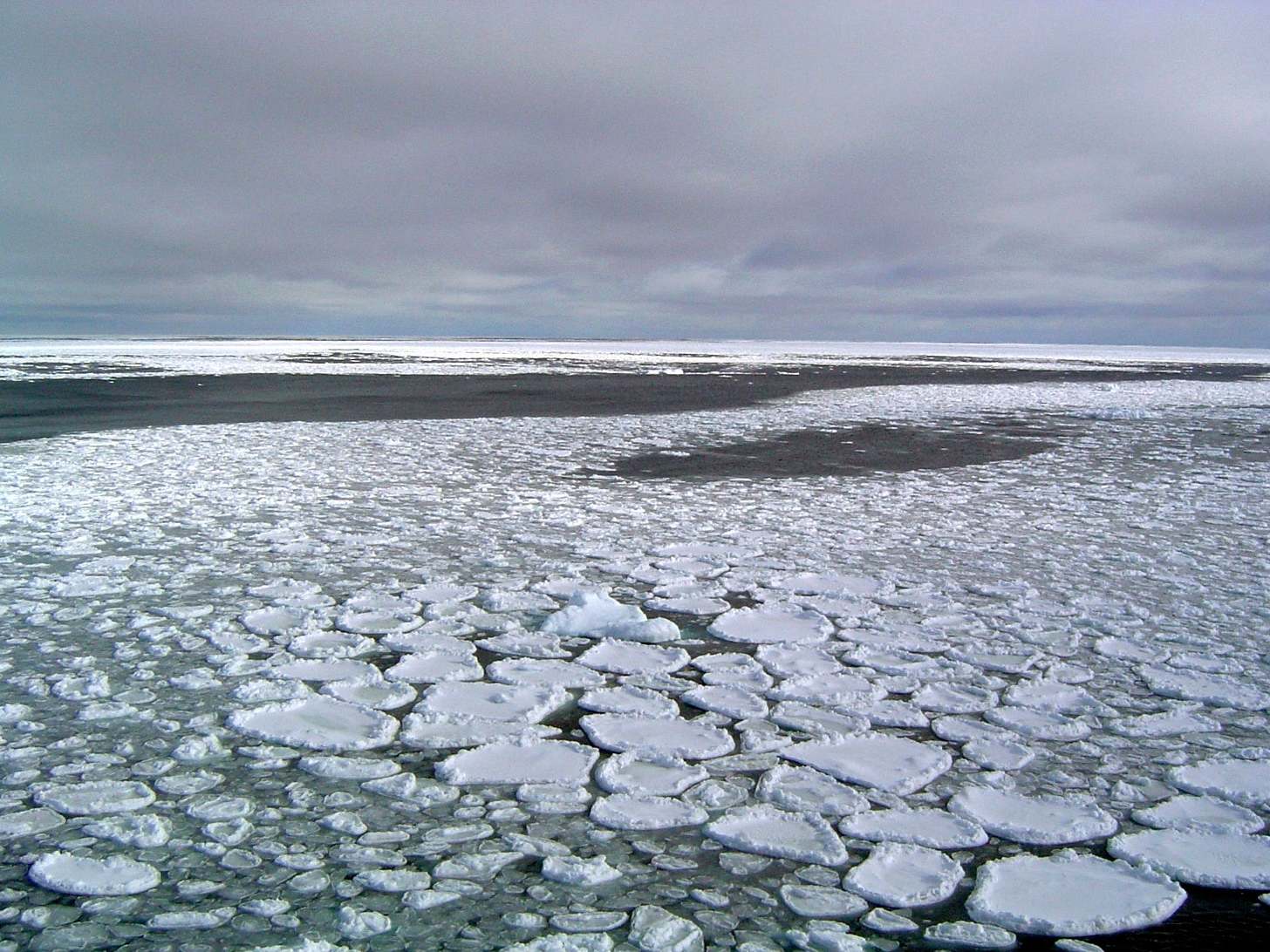'It's pretty incredible': Antarctica floating ice level plummets to record low, alarming Nasa study reveals
‘[This] should be viewed as an indication that the Earth has the potential for significant and rapid change’

The amount of ice floating in the sea across Antarctica has fallen to a record low just three years after hitting an all-time high.
Floating ice levels near the continent increased steadily from 1979 to 2014, when it hit 4.9m square miles, the highest amount on record.
But by 2017 the amount of ice was at 4.1m square miles, its lowest ever mark, according to a Nasa study of satellite data.
The amount of sea ice lost in those three years would cover an area bigger than the size of Mexico.
Losing that much ice so rapidly “is pretty incredible” and faster than anything researchers have seen before, said Claire Parkinson, a Nasa climate scientist who authored the new study.
“Things have been crazy,” said Mark Serreze, director of the US National Snow and Ice Data Centre.
He said observing the plummeting ice levels had been a “white knuckle ride”.
Antarctica has previously not been as affected by global warming as the Arctic.
Non-scientists who reject mainstream climate science have often previously pointed to the south pole’s ice to downplay the impact of global warming on the polar ice caps.
Mr Serreze and other experts do not know if the Antarctic ice level fall is a natural blip or a sign that long-term global warming is finally catching up with the south pole.
“The fact that a change this big can happen in such a short time should be viewed as an indication that the Earth has the potential for significant and rapid change,” said Waleed Abdalati, a scientist at the University of Colorado.
The study examines data up to 2017.
Antarctic sea ice levels increased slightly in 2018 but the amount was still at its second lowest since 1979.
Levels in May and June this year were the lowest on record, eclipsing 2017.
Additional reporting by agencies
Join our commenting forum
Join thought-provoking conversations, follow other Independent readers and see their replies
Comments